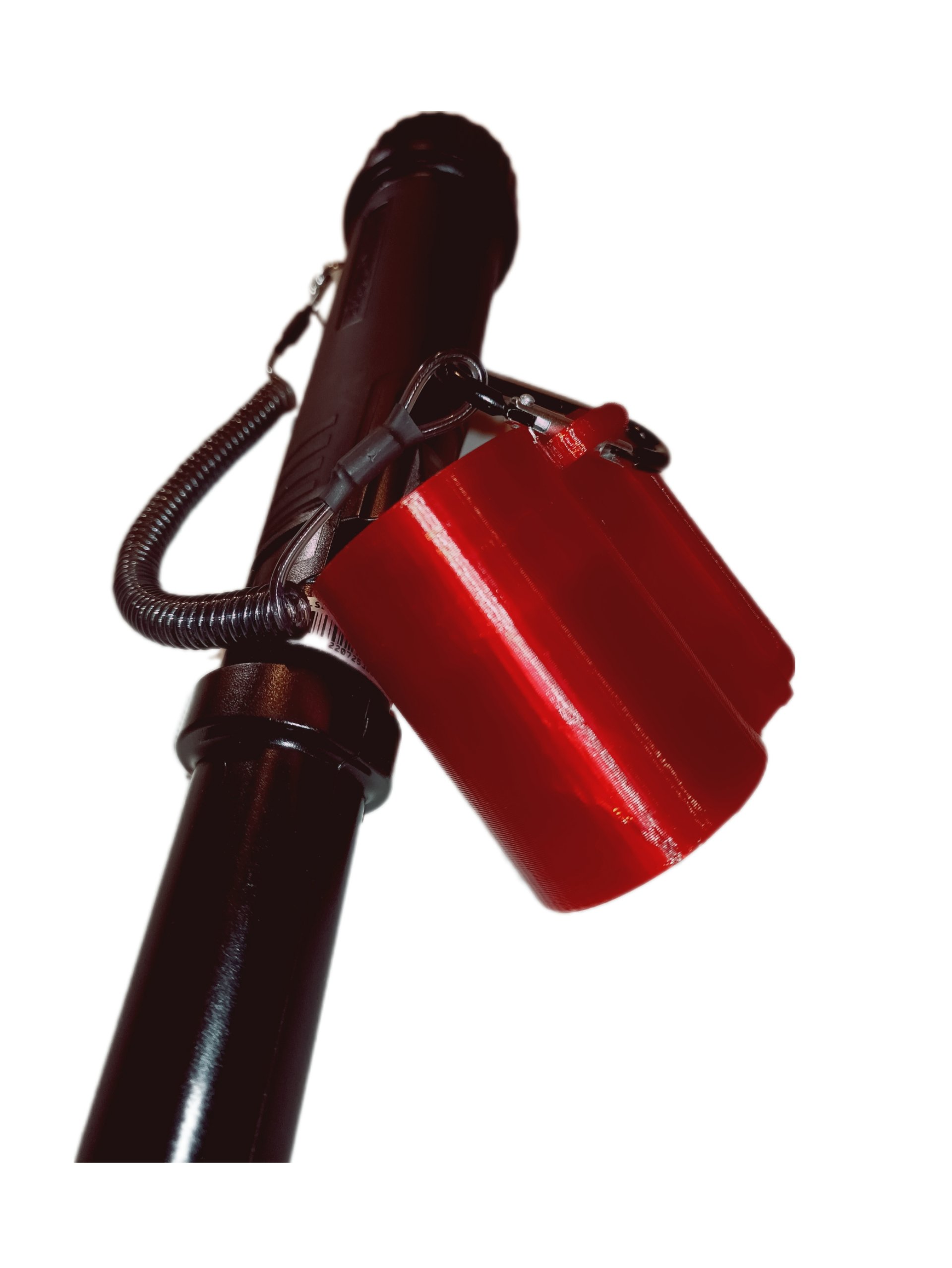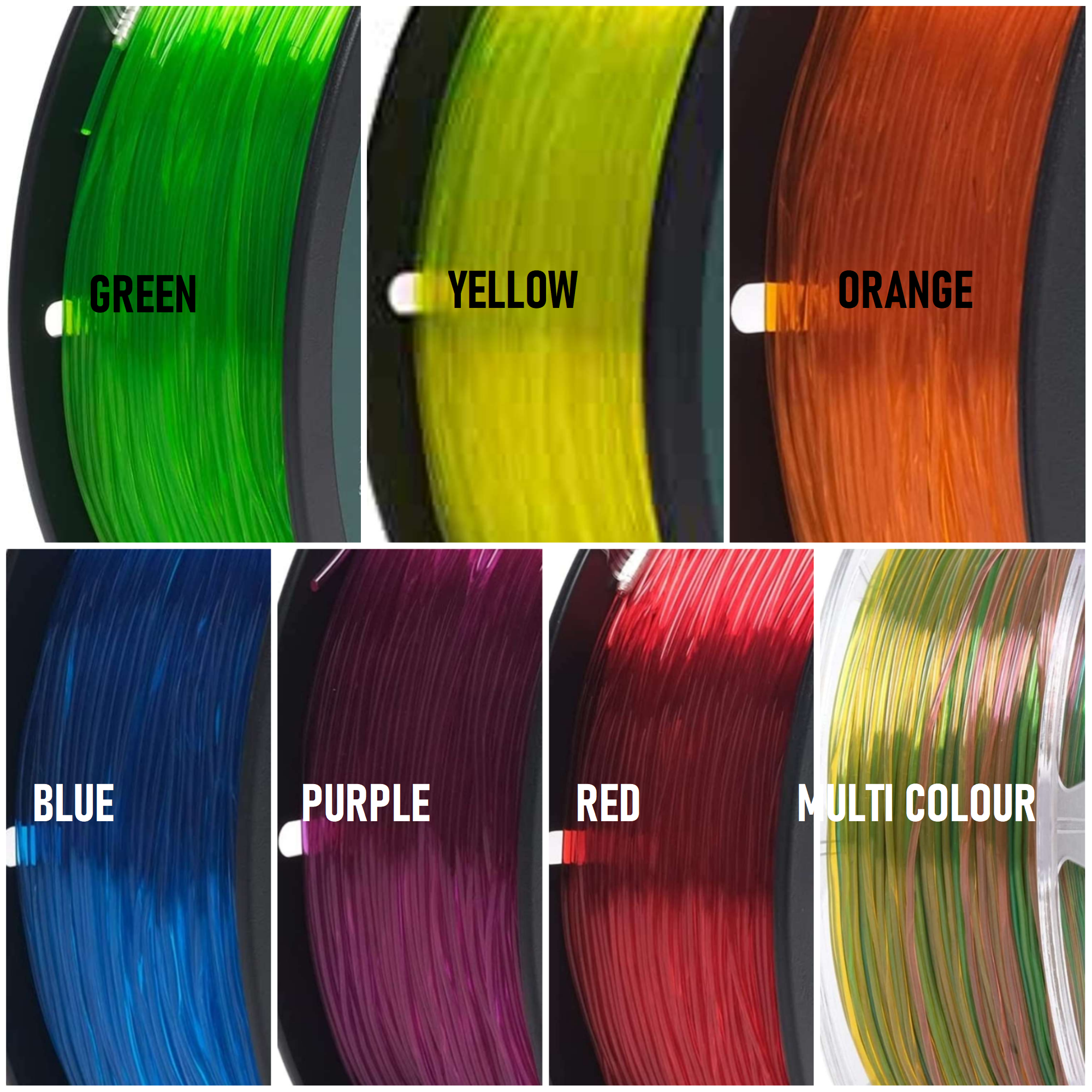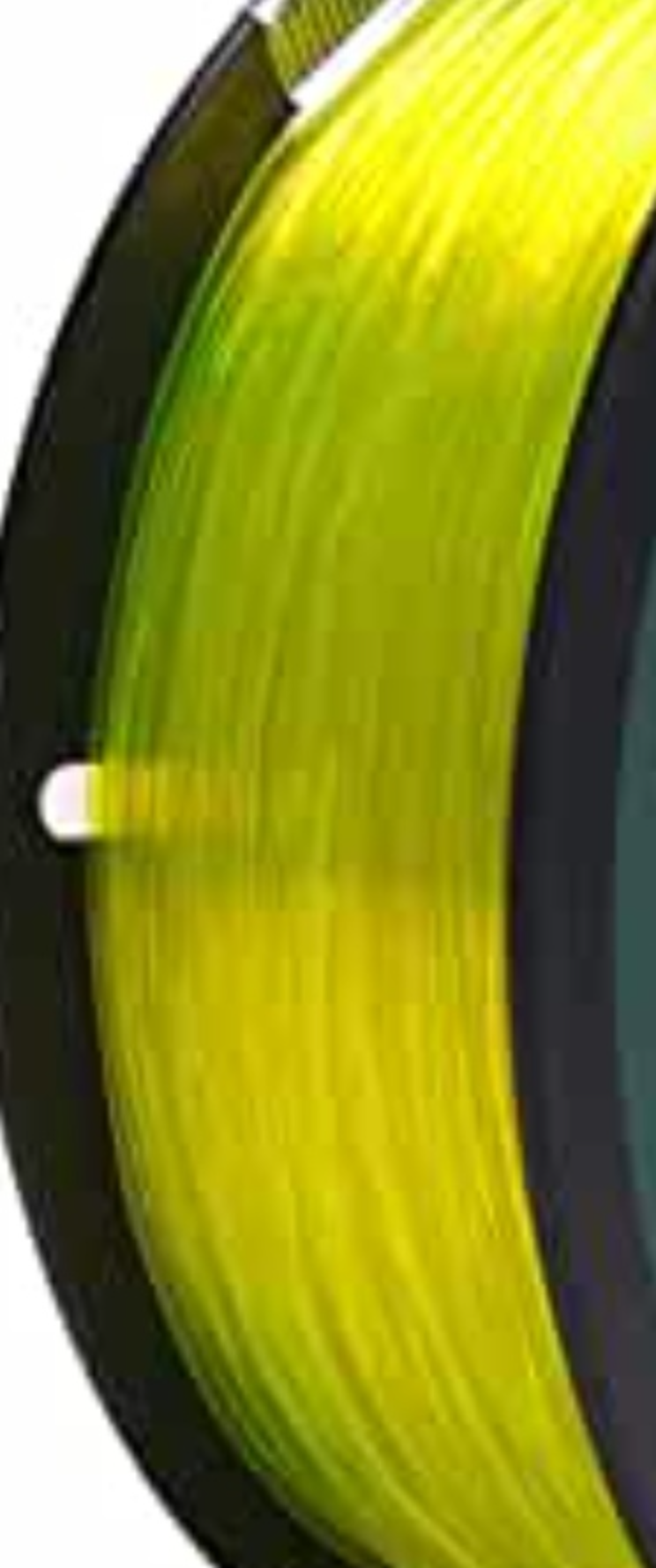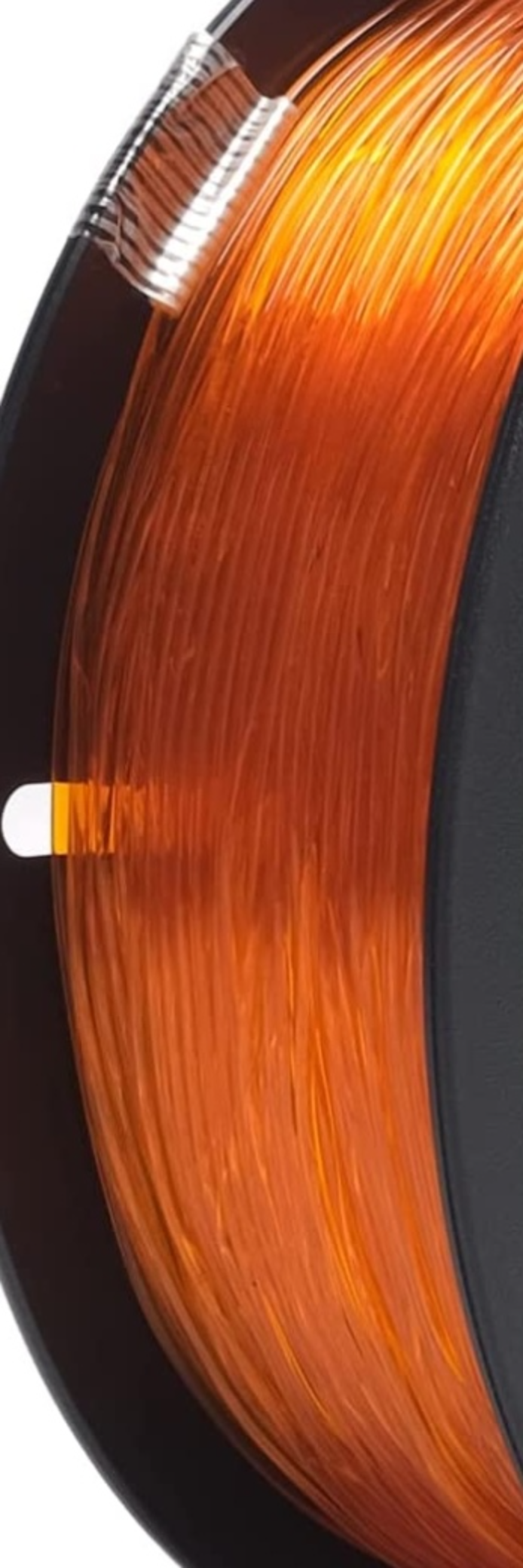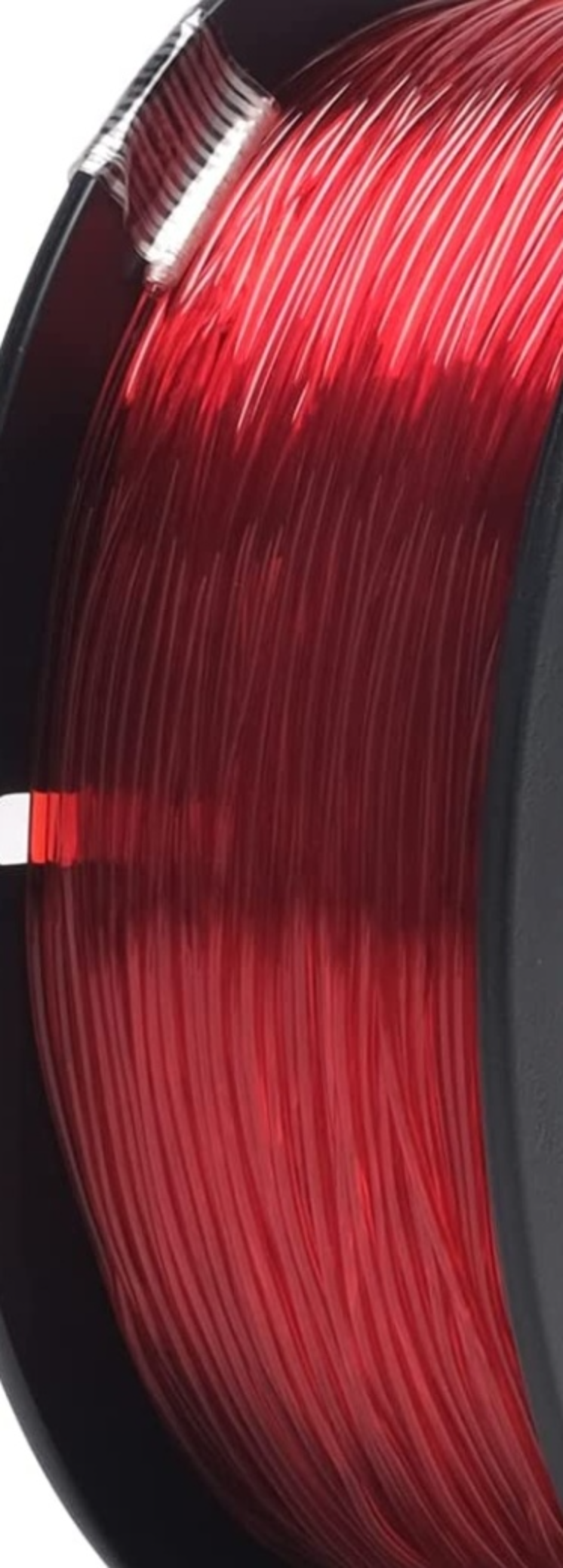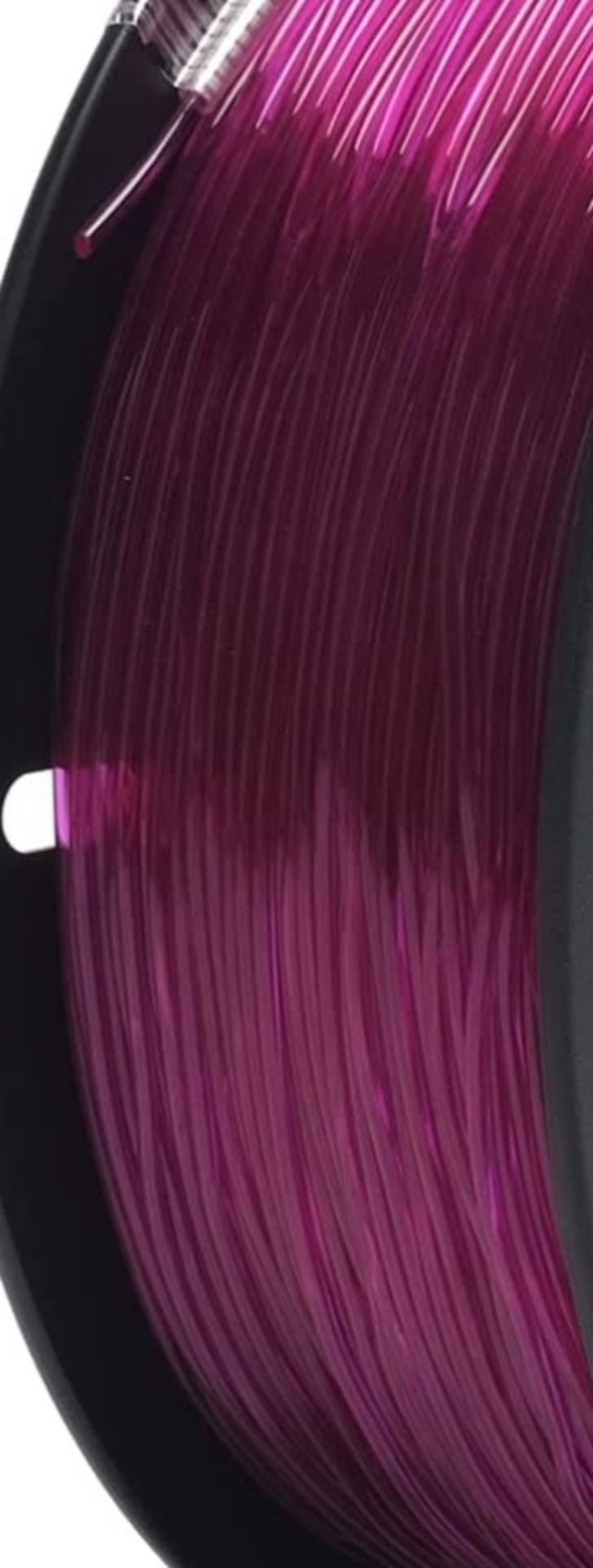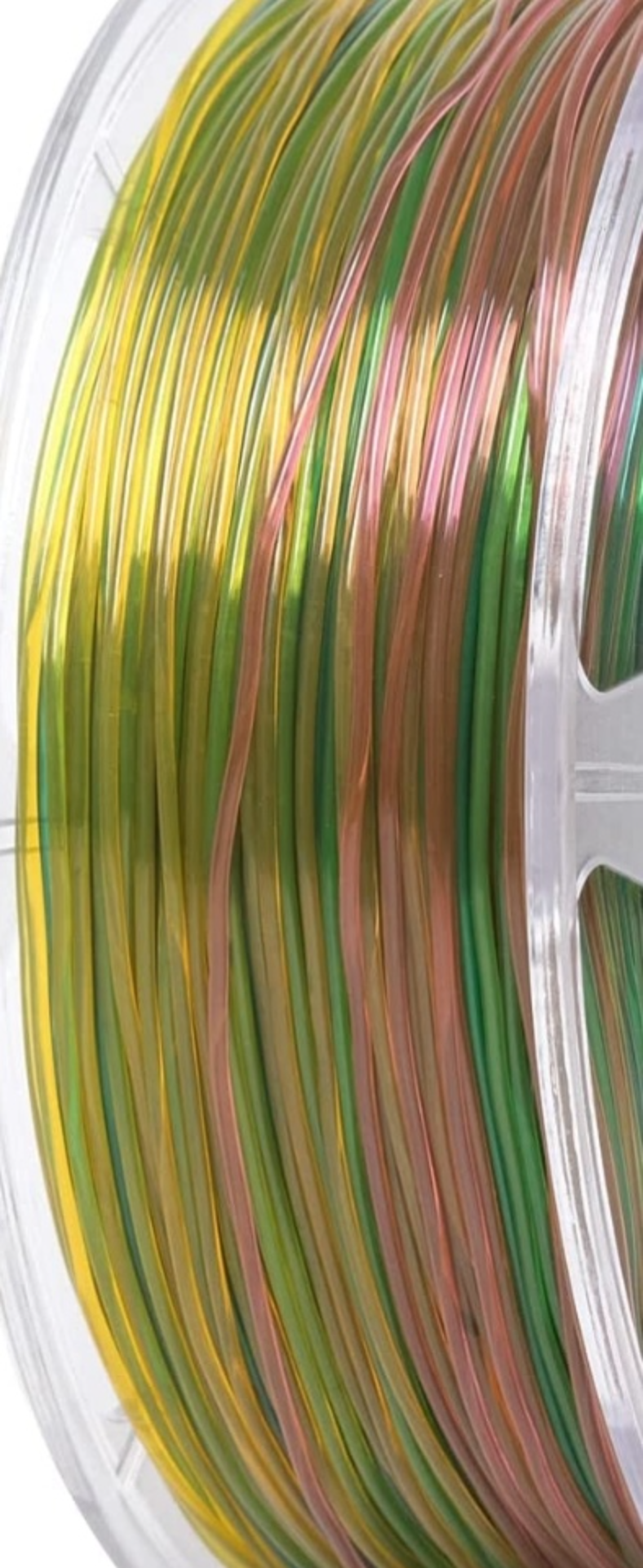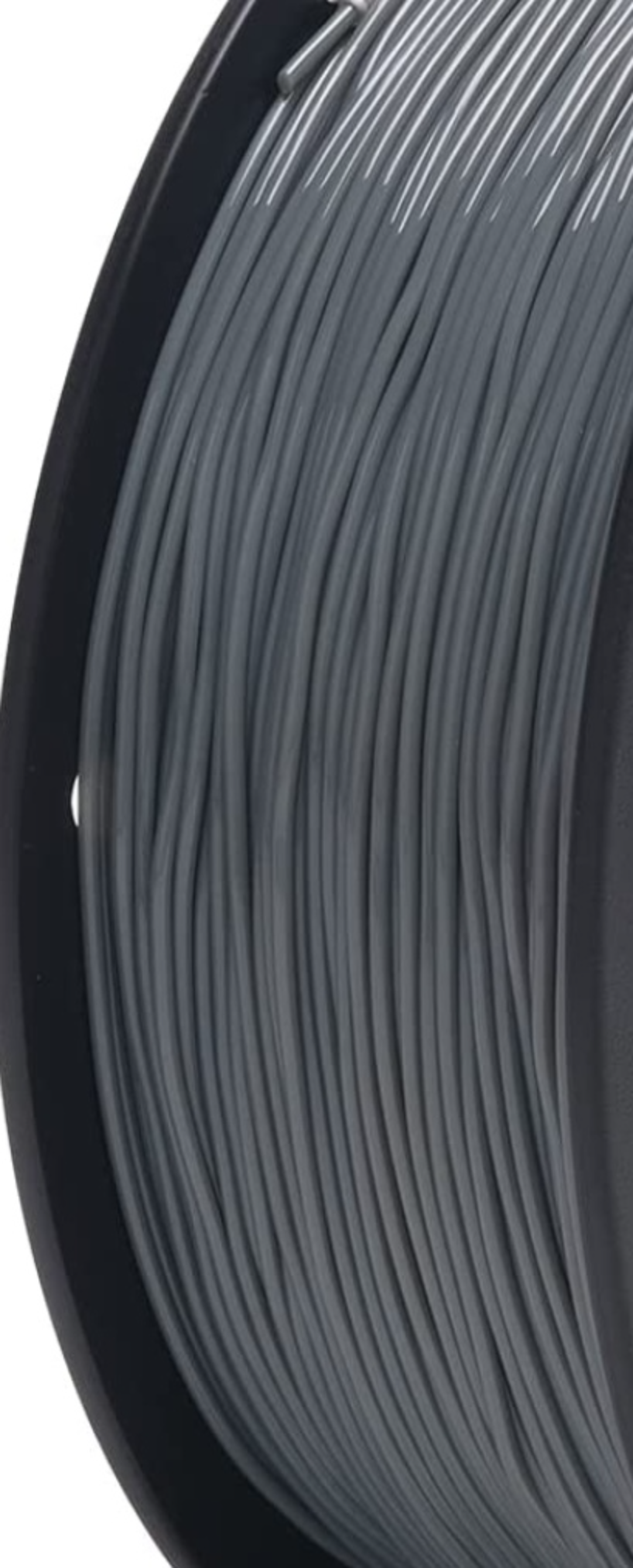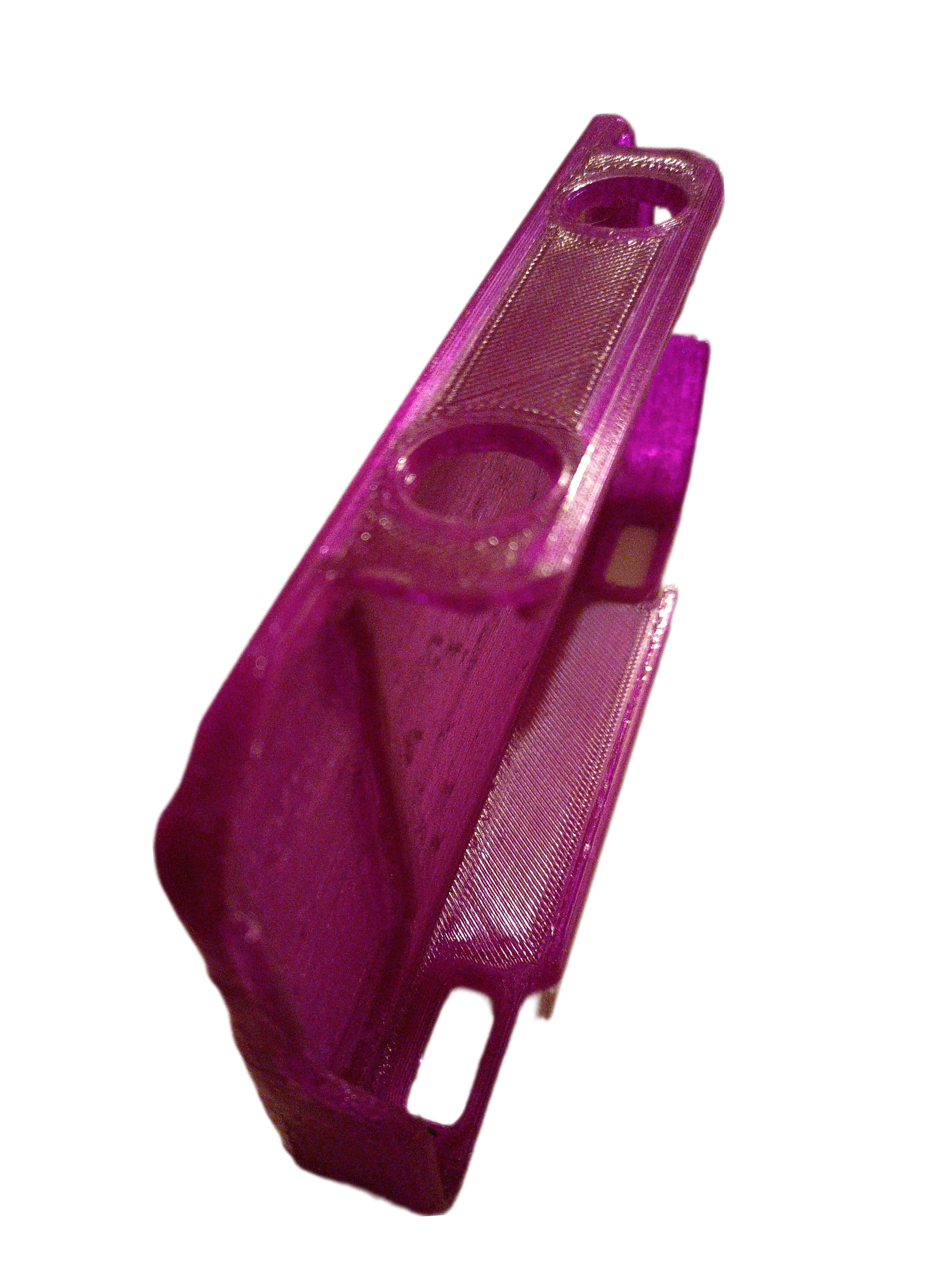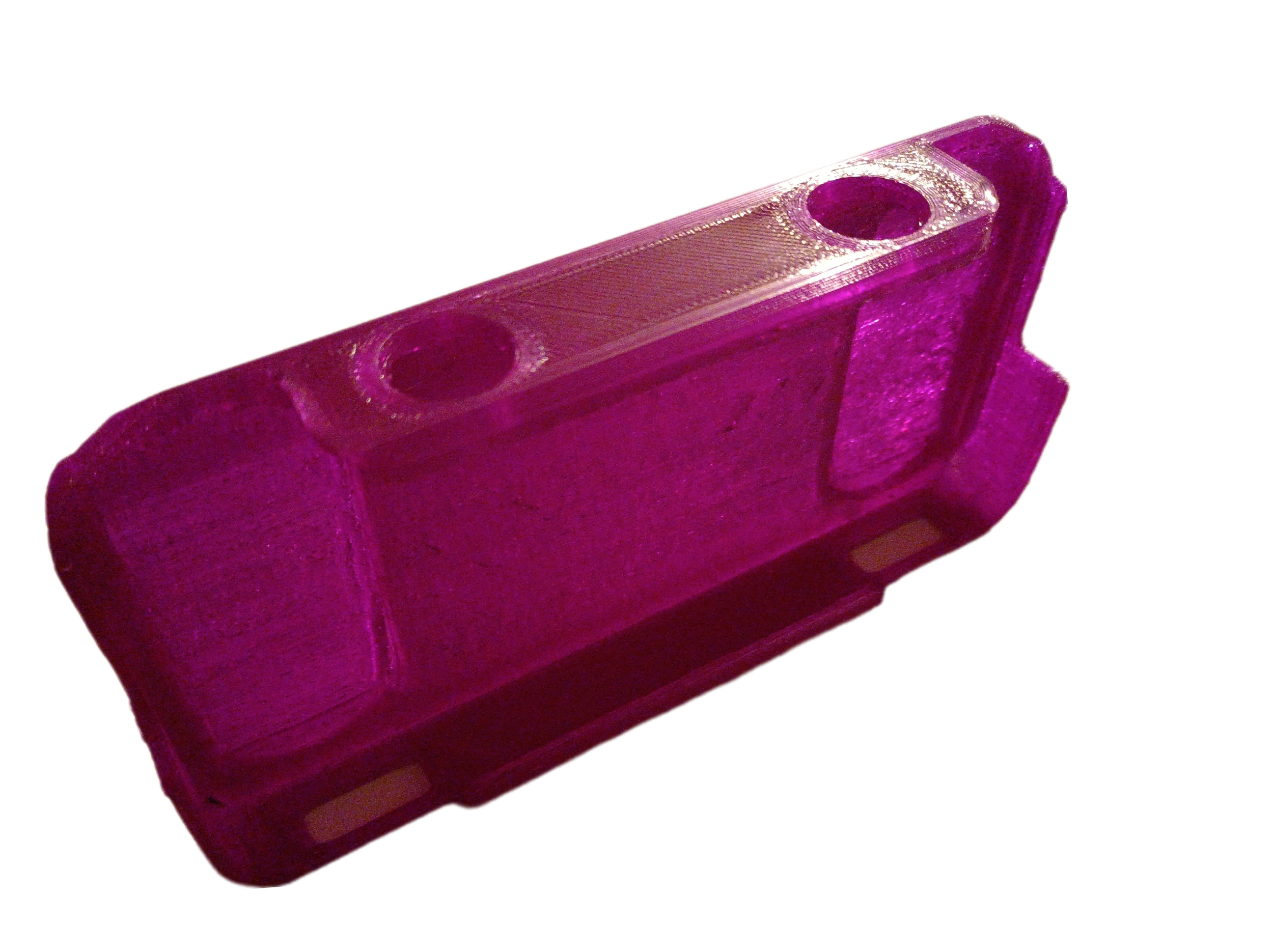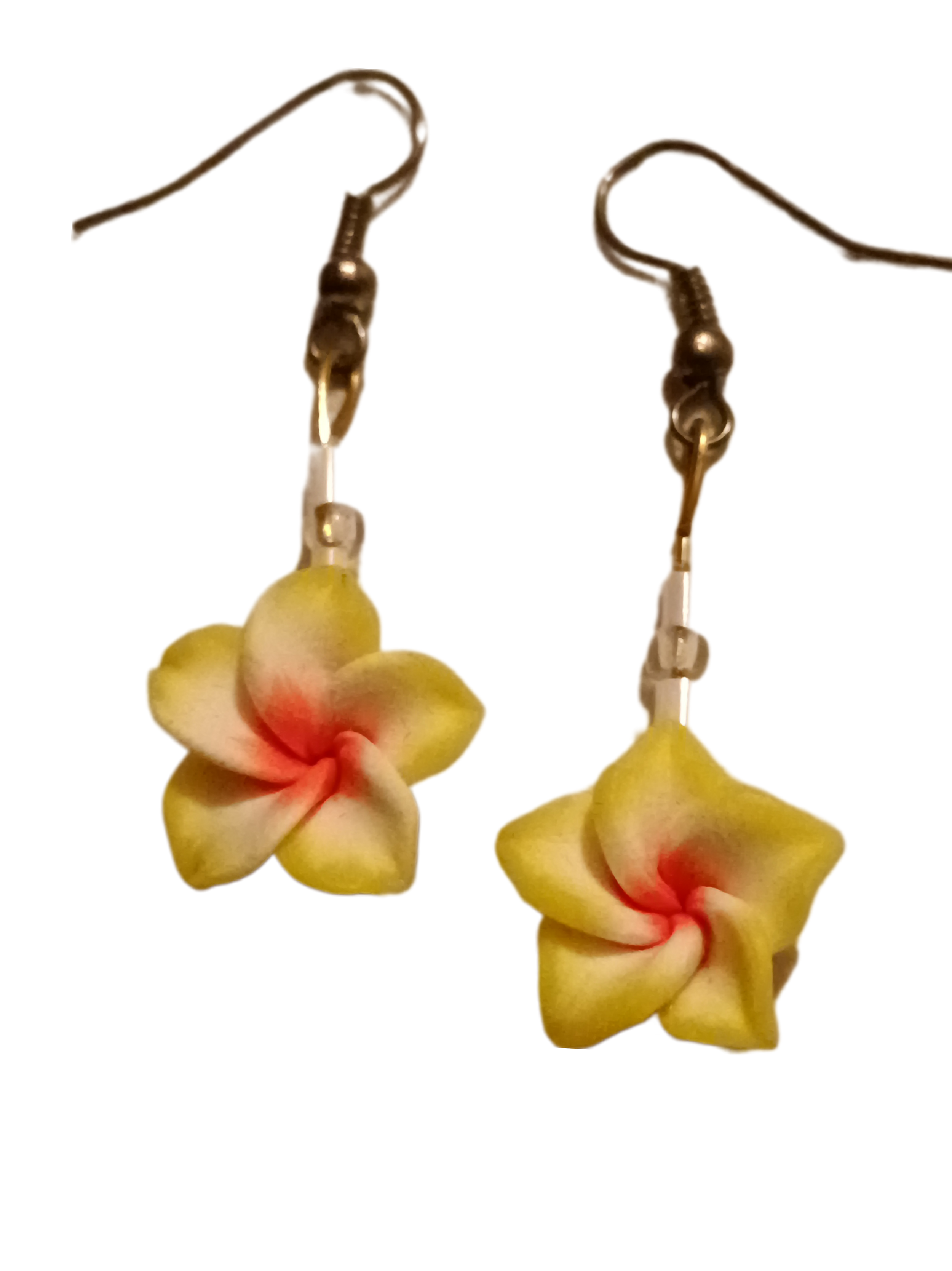 Image 1 of 8
Image 1 of 8

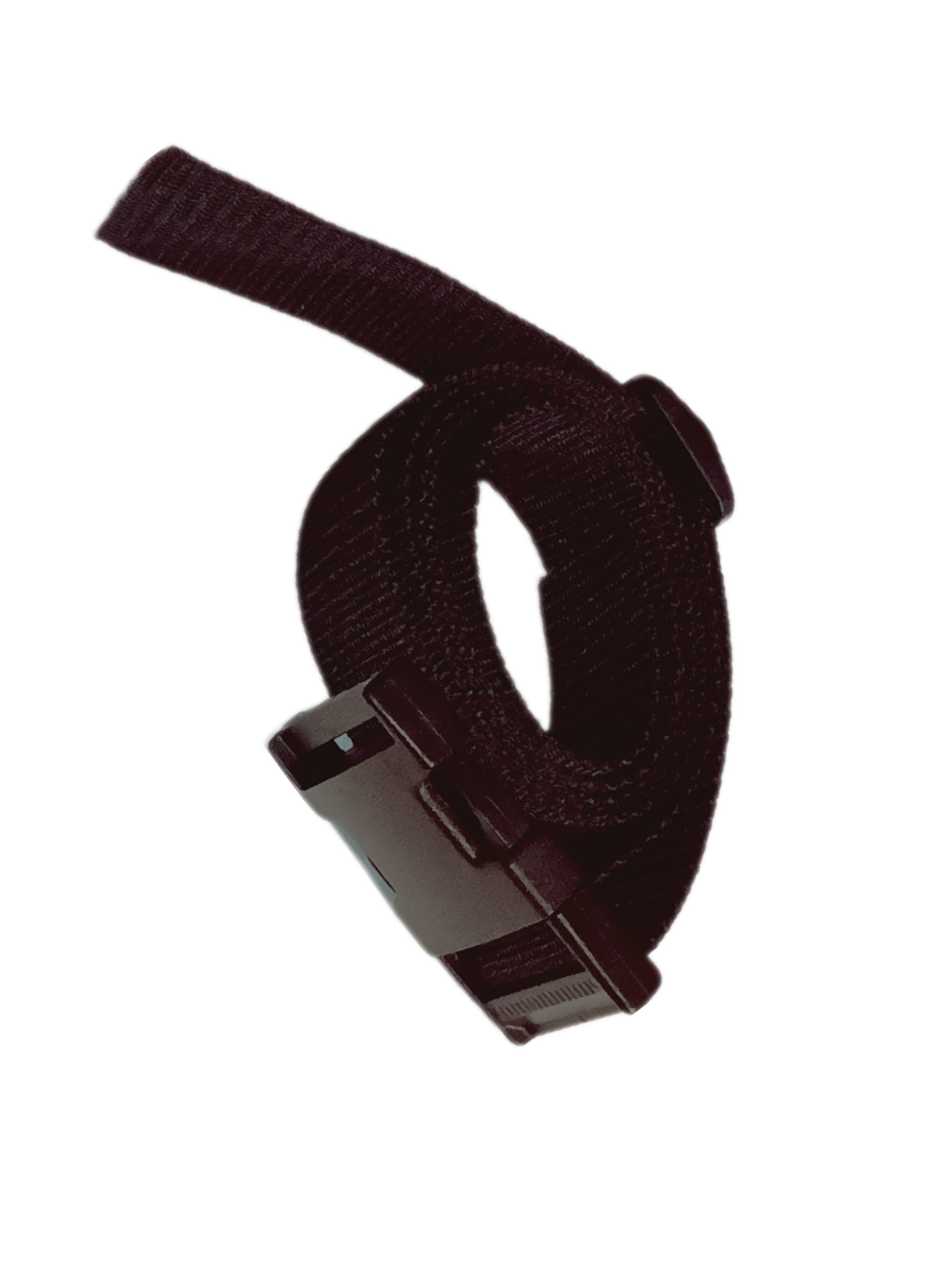 Image 2 of 8
Image 2 of 8

 Image 3 of 8
Image 3 of 8

 Image 4 of 8
Image 4 of 8

 Image 5 of 8
Image 5 of 8

 Image 6 of 8
Image 6 of 8

 Image 7 of 8
Image 7 of 8

 Image 8 of 8
Image 8 of 8









Belt - For Metal Detector Accessories #Metaldetecting
Woven Black Adjustable Belt for Metal Detector Accessories
Woven Black Adjustable Belt for Metal Detector Accessories
Category: Home & Garden > Lawn & Garden > Gardening > Gardening Accessories
Brand RETROSHEEP
EAN 0763769945820
Woven Black Metal Detector Adjustable Utility Belt for Shovel or Pinpointer Holders
We are excited to offer our Woven Black Metal Detector Adjustable Utility Belt, designed specifically for metal detector enthusiasts. This sturdy and versatile belt is perfect for securely holding shovels or pinpointers, allowing you to keep your hands free while you search for treasures.
Features:
Adjustable: The belt is designed to fit comfortably and securely, with adjustable straps to accommodate different waist sizes.
Durable: Made from high-quality woven black metal, this belt is built to withstand the rigors of metal detecting expeditions.
Convenient: Equipped with holders for both shovels and pinpointers, the belt allows for easy access to your essential tools while on the go.
Please note that this listing is for the sale of the belt only. Shovel, pinpointer, and other accessories shown in the images are for illustrative purposes and are not included with the belt.
Unlock the full potential of your metal detecting adventures with our Woven Black Metal Detector Adjustable Utility Belt. Order yours today and take your treasure hunting to the next level!
Are you tired of constantly setting down your spade or shovel while working in the garden or on outdoor projects? Say goodbye to hand fatigue and inconvenience with the SpadeMate by Retrosheep
Designed for Convenience: The SpadeMate is a durable and flexible spade/shovel holder that securely attaches to your belt, keeping your tools within reach at all times. Made from premium rubber TPU, it provides a snug fit for various spade and shovel sizes, ensuring a secure hold while you work.
Versatile and Reliable: Whether you're a professional landscaper or a hobbyist gardener, the SpadeMate is the perfect companion for your outdoor tasks. Its 3D printed construction ensures the highest level of precision and reliability, ensuring that your tools stay in place throughout your projects.
Quality Assurance: At Retrosheep , we take pride in delivering top-quality 3D printed products, and the SpadeMate is no exception. Crafted with attention to detail and functionality, this belt holder is designed to withstand the rigors of outdoor work while maintaining its performance.
Elevate Your Outdoor Experience: With the SpadeMate, you can enjoy enhanced efficiency and comfort while working with your spade or shovel. No more setting your tools on the ground or searching for them when you need them the most – the SpadeMate keeps your tools at the ready, allowing you to focus on the task at hand.
Make the SpadeMate a part of your outdoor arsenal and experience a new level of convenience and practicality in your gardening and landscaping endeavors.
Contact us today to get your hands on the SpadeMate and take the first step toward transforming your outdoor work experience!
Please note that the belt is not included with the holder and is an optional extra. However, we highly recommend adding the compatible belt to complete the convenience of this accessory. This optional extra will ensure a perfect fit for your comfort and peace of mind during your metal detecting adventures.
“SpadeMate Belt Holder”: Product’s name and functionality.
“Hands-Free Spade Storage”: Convenience of not having to carry the spade.
“Efficient Gardening Tool Organizer”: Showcase how the SpadeMate streamlines gardening tasks.
“Secure Spade Attachment”: Securely holds the spade in place.
“Easy Access Shovel Holder”: Quick access to your shovel.
“Garden Tool Belt Accessory”: Position it as an essential gardening accessory.
“Maximize Efficiency with SpadeMate”: Appeal to efficiency-seeking gardeners.
“Organize Your Garden Tools” SpadeMate keeps tools organized.
Nokta PulseDIVE Pinpointer Holder for Nokta Makro Simplex Plus Metal Detector #Nokta #Nokta #Metaldetecting #noktamakrosimplexplus
The Best Places with the Most Metal Detector Finds in the UK
Pembrokeshire: This county has a long and rich history, making it a great place to metal detect. Some of the most notable finds in Pembrokeshire include a hoard of Roman coins found in 2015, a Bronze Age gold bracelet found in 2016, and a Viking silver arm ring found in 2017.
Pembrokeshire metal detecting
Anglesey: This island has also been inhabited for centuries, and has produced some impressive metal detecting finds. In 2018, a metal detectorist found a hoard of 500 Roman coins dating back to the 3rd century AD. In 2020, another metal detectorist found a hoard of Iron Age coins dating back to the 1st century BC.
Anglesey metal detecting
Carmarthenshire: This county is home to a number of ancient hill forts, making it a good place to find Bronze Age and Iron Age artifacts. In 2019, a metal detectorist found a hoard of Bronze Age coins near Llandeilo.
Carmarthenshire metal detecting
Gwynedd: This county is home to Snowdonia National Park, which is a popular spot for metal detecting. In 2021, a metal detectorist found a hoard of Roman coins near Beddgelert.
Gwynedd metal detecting
Ceredigion: This county is known for its beautiful beaches, which are also good places to metal detect. In 2022, a metal detectorist found a gold ring dating back to the Bronze Age near Aberystwyth.
Ceredigion metal detecting
The value of metal detecting finds can vary greatly. Some finds, such as coins and jewelry, can be worth a few hundred or even a few thousand pounds. Other finds, such as archaeological artifacts, may be priceless in terms of their historical significance.
If you are interested in metal detecting in Wales, there are a few things you should keep in mind. First, you must obtain permission from the landowner before you start detecting. Second, you must follow the rules and regulations set by Cadw, the Welsh Government's historic environment service. Third, you must report any significant finds to Cadw.
Norfolk: Known as the "treasure coast" of the UK, Norfolk has produced some of the most significant metal detecting finds in the country, including the Sutton Hoo ship burial. Other good areas include the Broads, the North Norfolk coast, and the Breckland.
Suffolk: Another good county for metal detecting, with a rich history dating back to the Bronze Age. Some of the best places include the Deben Estuary, the Suffolk Coast, and the Waveney Valley.
Lincolnshire: Home to a number of Roman settlements, making it a good place to find Roman coins and artifacts. Other good areas include the Lincolnshire Wolds, the Wash, and the East Coast.
Devon: A popular tourist destination, but it also has a rich history dating back to the Iron Age. Some of the best places include the beaches, the moors, and the rivers.
Dorset: Home to a number of ancient hill forts, making it a good place to find Bronze Age and Iron Age artifacts. Other good areas include the Jurassic Coast, the Purbeck Hills, and the New Forest.
Here are some tips for metal detecting in the UK:
Metal detecting can be a fun and rewarding hobby, and it can also be a great way to learn about the history of Wales. If you are interested in trying it, I encourage you to do your research and get permission from the landowner before you start.
Here are some additional tips for metal detecting in Wales:
Start by researching the area where you want to detect. This will help you to find out what kind of history the area has and what kind of finds you are likely to make.
Use a good quality metal detector. This will help you to find smaller and deeper objects.
Be patient and persistent. Metal detecting can be a slow and tedious process, but it can also be very rewarding.
Be respectful of the landowner and the environment.
Report any significant finds to Cadw.
Nokta PulseDIVE Pinpointer Holder for Nokta Makro Simplex Plus Metal Detector #Nokta #Nokta #Metaldetecting #noktamakrosimplexplus
The Best Places with the Most Metal Detector Finds in the UK
Pembrokeshire: This county has a long and rich history, making it a great place to metal detect. Some of the most notable finds in Pembrokeshire include a hoard of Roman coins found in 2015, a Bronze Age gold bracelet found in 2016, and a Viking silver arm ring found in 2017.
Pembrokeshire metal detecting
Anglesey: This island has also been inhabited for centuries, and has produced some impressive metal detecting finds. In 2018, a metal detectorist found a hoard of 500 Roman coins dating back to the 3rd century AD. In 2020, another metal detectorist found a hoard of Iron Age coins dating back to the 1st century BC.
Anglesey metal detecting
Carmarthenshire: This county is home to a number of ancient hill forts, making it a good place to find Bronze Age and Iron Age artifacts. In 2019, a metal detectorist found a hoard of Bronze Age coins near Llandeilo.
Carmarthenshire metal detecting
Gwynedd: This county is home to Snowdonia National Park, which is a popular spot for metal detecting. In 2021, a metal detectorist found a hoard of Roman coins near Beddgelert.
Gwynedd metal detecting
Ceredigion: This county is known for its beautiful beaches, which are also good places to metal detect. In 2022, a metal detectorist found a gold ring dating back to the Bronze Age near Aberystwyth.
Ceredigion metal detecting
The value of metal detecting finds can vary greatly. Some finds, such as coins and jewelry, can be worth a few hundred or even a few thousand pounds. Other finds, such as archaeological artifacts, may be priceless in terms of their historical significance.
If you are interested in metal detecting in Wales, there are a few things you should keep in mind. First, you must obtain permission from the landowner before you start detecting. Second, you must follow the rules and regulations set by Cadw, the Welsh Government's historic environment service. Third, you must report any significant finds to Cadw.
Norfolk: Known as the "treasure coast" of the UK, Norfolk has produced some of the most significant metal detecting finds in the country, including the Sutton Hoo ship burial. Other good areas include the Broads, the North Norfolk coast, and the Breckland.
Suffolk: Another good county for metal detecting, with a rich history dating back to the Bronze Age. Some of the best places include the Deben Estuary, the Suffolk Coast, and the Waveney Valley.
Lincolnshire: Home to a number of Roman settlements, making it a good place to find Roman coins and artifacts. Other good areas include the Lincolnshire Wolds, the Wash, and the East Coast.
Devon: A popular tourist destination, but it also has a rich history dating back to the Iron Age. Some of the best places include the beaches, the moors, and the rivers.
Dorset: Home to a number of ancient hill forts, making it a good place to find Bronze Age and Iron Age artifacts. Other good areas include the Jurassic Coast, the Purbeck Hills, and the New Forest.
Here are some tips for metal detecting in the UK:
Metal detecting can be a fun and rewarding hobby, and it can also be a great way to learn about the history of Wales. If you are interested in trying it, I encourage you to do your research and get permission from the landowner before you start.
Here are some additional tips for metal detecting in Wales:
Start by researching the area where you want to detect. This will help you to find out what kind of history the area has and what kind of finds you are likely to make.
Use a good quality metal detector. This will help you to find smaller and deeper objects.
Be patient and persistent. Metal detecting can be a slow and tedious process, but it can also be very rewarding.
Be respectful of the landowner and the environment.
Report any significant finds to Cadw.



